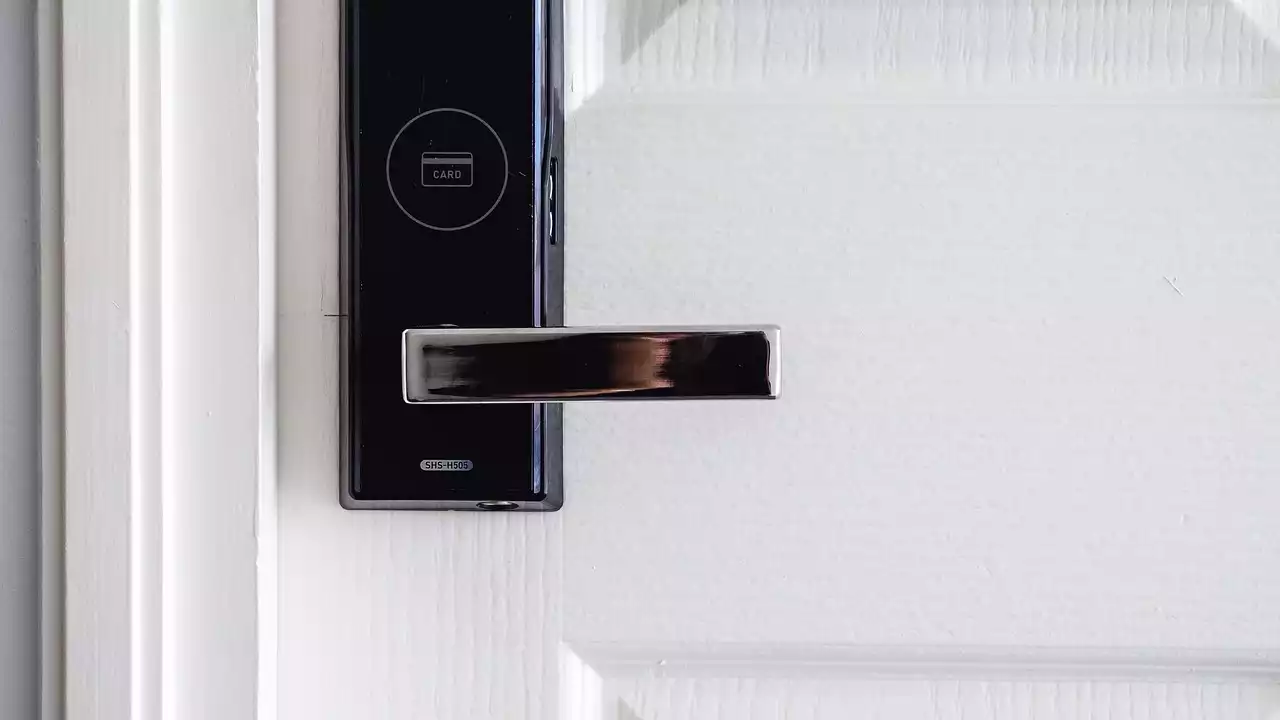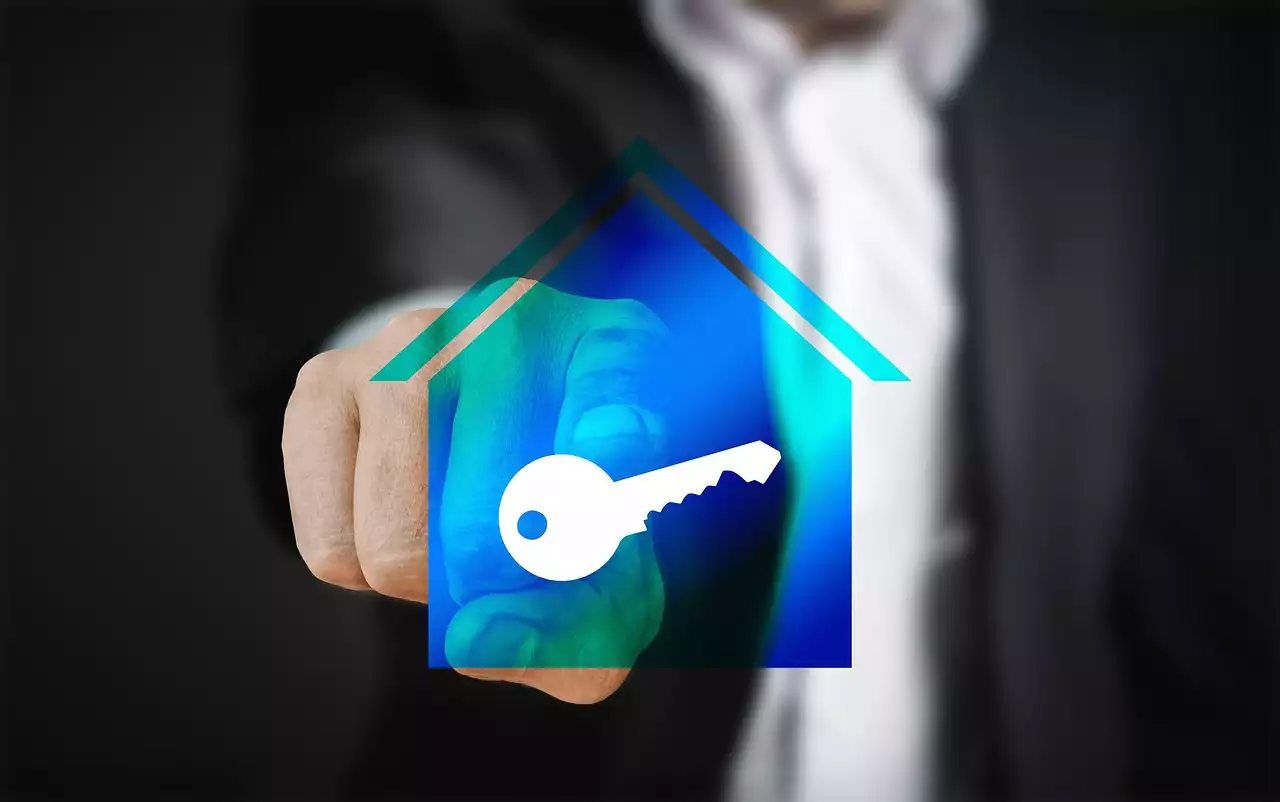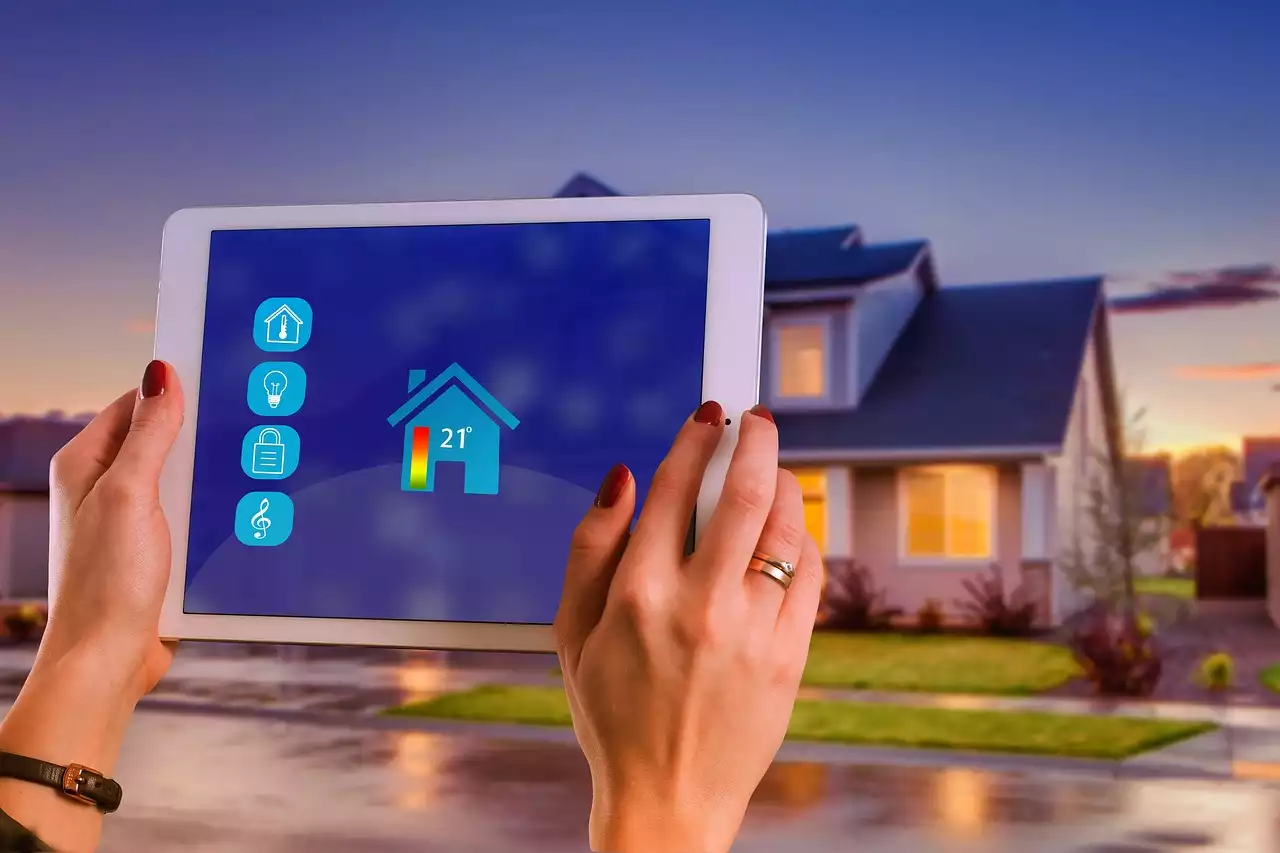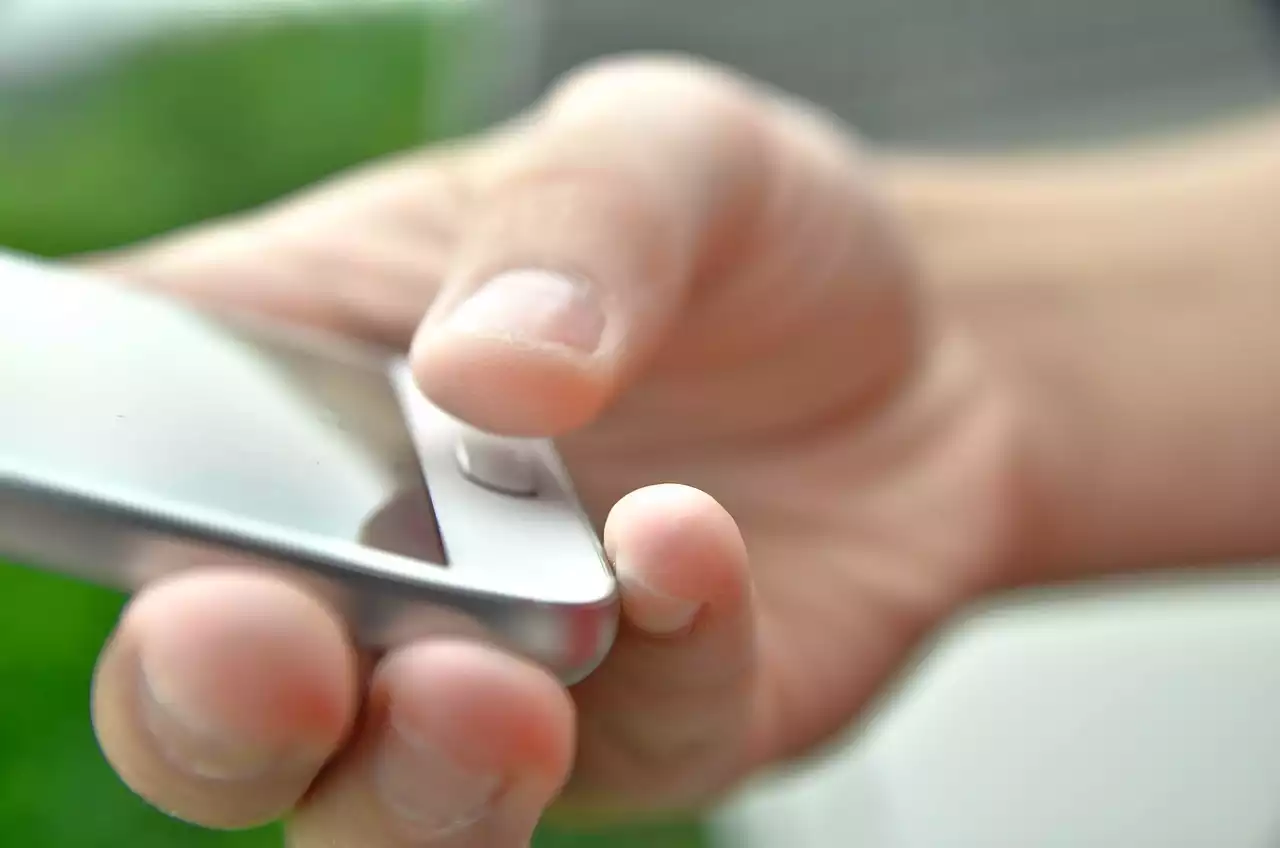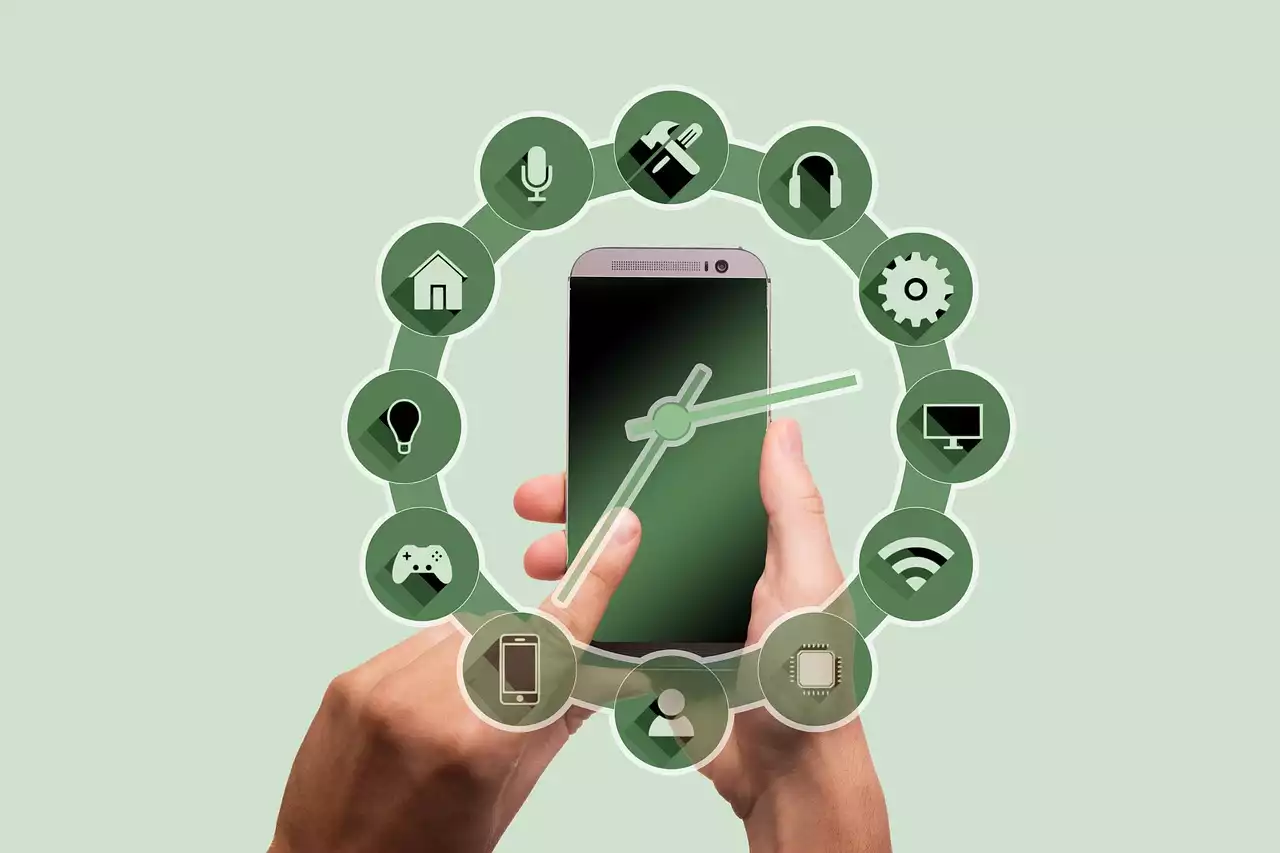What is a Smart Lock?
A smart lock is an electronic locking device that can be controlled remotely by an app or other smart home device. While traditional locks are controlled with a key or combination, smart locks use Bluetooth or WiFi signals to communicate with your smartphone to unlock your door remotely. The smart lock may have a keypad or touchscreen where you can enter a code to allow access to guests or service providers. There are a variety of styles and brands of smart locks, each offering their own unique features and benefits. While you may associate the term “smart lock” with an electronic indoor door lock, they can also be used to electronically control exterior doors as well. Smart locks are installed in place of your current lock. Once installed, they can be controlled with a remote or app, letting you unlock and lock your door from anywhere. The majority of smart locks offer additional features and capabilities, like the ability to create temporary passcodes for guests or allowing you to share access with family members or colleagues.
Benefits of Smart Locks
- Convenience - Convenience is the most obvious benefit of installing a smart lock. You’ll never have to worry about carrying your keys with you again or remembering to carry a backup set of keys if you lose them. With a smart lock, you can lock and unlock your door with a simple app on your phone or by speaking through an Amazon Alexa device or Google assistant.
- Easy Guest Access - If you regularly have guests come to your home, you know how inconvenient it can be to go to the door, unlock it, and let them in. With a smart lock, you can easily create a virtual passcode for guests and they can come and go as they please using their own smartphone.
- Always Know When You’ve Locked the Door - Have you ever left the house and forgotten to lock the door, only to come home to a house that has been broken into? With a smart lock, you can set it up to send you a reminder to lock the door when you leave. You can also receive notifications when someone has unlocked the door.
Potential Risks and Drawbacks
- Potential Security Risks - All smart home devices require a certain level of trust to work. With smart home devices, you are giving third-party companies access to your home. While the companies are supposed to employ strict security measures, there is always the risk that hackers could gain access to your home.
- Potential Privacy Risks - Another potential downside is that you are giving third-party companies access to your data. This can include information about your specific security system and how many people are coming and going from your home as well as information about your daily habits and activities. This can be unsettling for some homeowners who are concerned about their privacy and what their smart devices might be sending out.
- Requires a Wifi or Connected Network - Most smart locks require a wifi router or a cellular data connection to connect to your smartphone. If your wifi goes out or there is no cellular service in the area where you live, you won’t be able to control your smart lock.
Smart Lock Security Features
- Strong Physical Locks - Before you make the decision to go with a smart lock over a standard lock, make sure to do your research and make sure the company behind the smart lock has a strong physical lock that keeps your home safe when the door is closed. Many smart locks are installed in place of standard locks, so be sure to check the physical lock strength to keep your home safe.
- Sturdy and Secure Connections - Next, you want to make sure that there are no security flaws in any of the connections with the device. Connections between different devices and the internet can be vulnerable and need to be secure to avoid hacking. Make sure that all of your smart home devices are updated and maintained before making a decision.
- Strong Authentication - Authentication is the process of confirming that the person or device accessing your home is actually who or what they say they are. Strong authentication using fingerprints, voice recognition, or thumbprints makes it very difficult for someone to hack your system.
- Strong and Secure WiFi - Make sure that your wifi connection is strong and secure. If someone is able to hack your wifi connection, they can gain access to your home. If you’re going with a smart lock, make sure that it has a strong and secure wifi connection that can’t be hacked.
- Decentralized Network - Make sure that all of your smart home devices are decentralized and not connected to a central hub. This makes it much more difficult for someone to hack your system and gain access to your home.
Types of Smart Locks
There are many different types of smart locks available today. Some of the most common include:
- Electronic Keypad Locks - Electronic keypad locks are one of the most common and basic types of smart locks. With this type of lock, you enter a four- to eight-digit code to unlock and lock the door. The code can be the same for everyone who is in your household or you can create a unique code for each person. If you don’t want to enter a code every time you want to unlock the door, you can purchase a smart lock that has a fingerprint scanner for your smartphone. This type of smart lock is convenient for everyone in the household.
- Biometric Locks - A biometric lock relies on fingerprints and scans your fingerprints to identify you and unlock the door. This type of lock is convenient for everyone in the household.
- WiFi-Enabled Locks - WiFi-enabled locks connect your door to your wifi network and let you control the door from your smartphone or other smart device. You can use your smartphone to lock or unlock the door or create virtual guest passcodes.
Smart Lock Warranty
The best way to ensure that your smart lock will last for years to come is to purchase one that comes with a good warranty. Most smart locks come with a one-year warranty, but the length and coverage will vary by manufacturer and product. If you notice any issues with your smart lock, you can contact the manufacturer and request a replacement or repair. If you’re considering installing a smart lock in your home, check out the various options available to you and make sure you go with a trusted brand. A quality smart lock will provide you with convenience, easy guest access, and added security for years to come. Finally, make sure that the lock you choose comes with a good warranty and that you are able to take advantage of the warranty in case your lock stops working properly.
